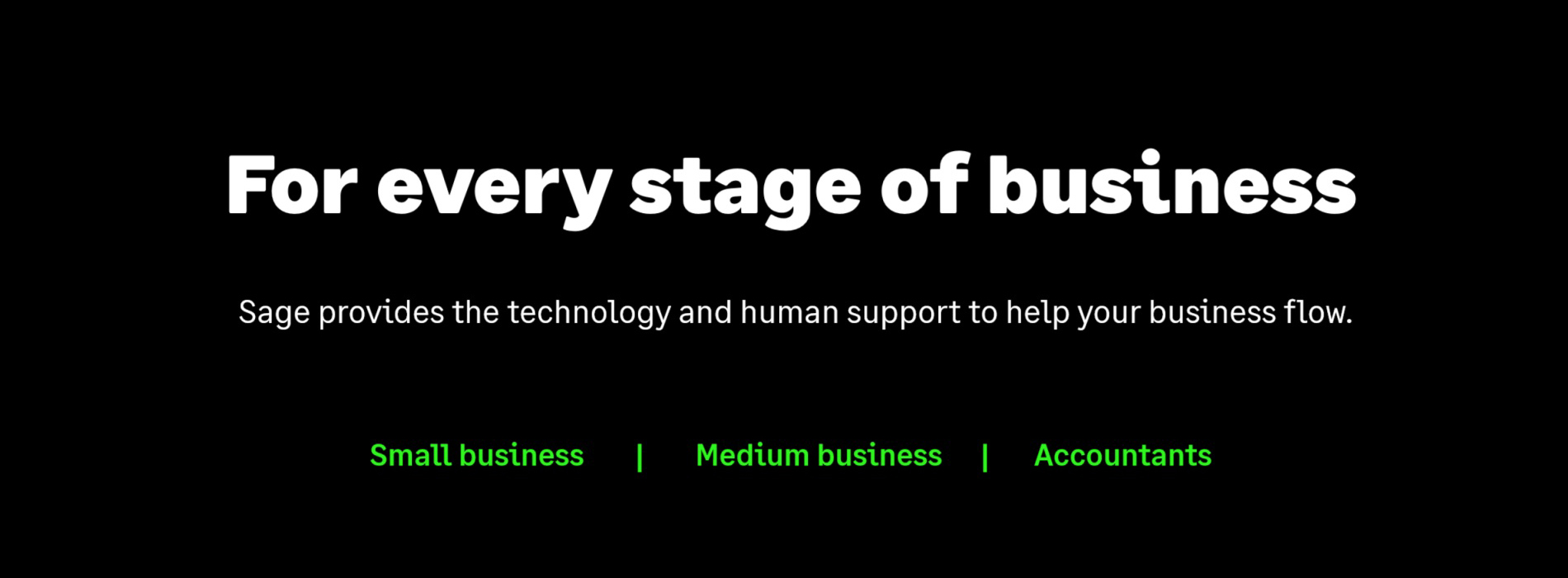The majority (89%) of chief financial officers (CFOs) are not worried about automation's impact on their job security, nor that artificial intelligence (AI) will replace their jobs.
If anything, CFOs are bullish about digital's prospects and welcome automation performing more of their day-to-day accounting tasks.
This is according to the new CFO 3.0 – Digital transformation beyond financial management report from Sage and World Wide Worx, which makes it very clear that CFOs and other senior financial decision-makers are embracing digital transformation.
The report names this professional the CFO 3.0: a leader who works more closely with the CEO, CIO and other key executives to realise technology's potential. In this context, the CFO is highly focused on outcomes and has become a valuable ally to realise digital transformations potential.
"The majority of CFOs are not intimidated by technology and they are certainly not blocking projects because they fear change," says Pieter Bensch, Executive Vice-President for Africa and the Middle East at Sage. "Instead, it is clear that CFOs have been evolving their capabilities over the past two decades, taking advantage of technology where they can. But it's the era of cloud services that really impacted this trend. CFOs can easily follow the journey from making an emerging technology available to the value it delivers."
New pressures
Roughly a fifth of respondents say they are now driving business strategy and objectives, and slightly fewer also manage public sector affairs or spearhead digital transformation activities. At least 15% of CFOs are fully leading their companies' digital transformation agenda, a statistic that would have seemed ridiculous not so long ago. Most recently, managing remote teams has become a growing part of the CFO role.
In response, CFOs are more assertive and involved in technology. Several outcomes regularly feature among CFOs' answers, specifically that they are looking for more capacity to being creative and strategic thinkers. They want accurate forecasting and planning - 59% of CFOs expect continuous auditing and automated reporting. Further key priorities for CFOs include the need for more room for critical analysis around business strategy and enhanced data governance – 43% of CFOs say they currently find it challenging to stay on top of regulatory changes.
Why CFOs prefer the cloud
Cloud was the spark that lit the emerging technology fuse for CFOs. This is already apparent from the successes and failures different organisations encountered when overcoming the pandemic's challenges. Those companies that were already invested in cloud services and platforms could respond more quickly and confidently. Consequently, 78% reported growth in revenue, while 49% of CFOs reported a strong or moderate increase in organisational performance over the past year.
"At first it seemed strange to hear of companies talking about good numbers during the pandemic," says Bensch. "Then a correlation emerged between those success stories and cloud adoption. Typically, cloud services are much lower risk and less costly than deploying traditional business systems. They are also more intuitive for users and can add specific capabilities without much fuss. It appears CFOs are using these new paradigms to inch closer to technology, and finding what complements their requirements and vision."
What do CFOs want from technology? Not technology - that is the CIO's concern. But many CFOs can now connect the dots between their plans and what cloud services can provide. This lines up with the CFO's affinity for data to do forecasting and manage current demands. The cloud has shown CFOs that technology can make their lives easier. They have responded by enhancing their understanding and involvement with technology.
In tough times, this new integrated response at the executive level is welcome news. Most digital transformation projects fail because they don't get enough support from the business. If we are to be specific, the CIO didn't have the backing of key stakeholders, the CFO arguably being the most important.
“Even though it's vital that the CEO champions transformation, the synergy between CFO and CIO must carry digital transformation to happy results,” says Bensch. “There is a lot of potential in those organisations where the cloud has helped CFOs find their technology feet.”
Share

